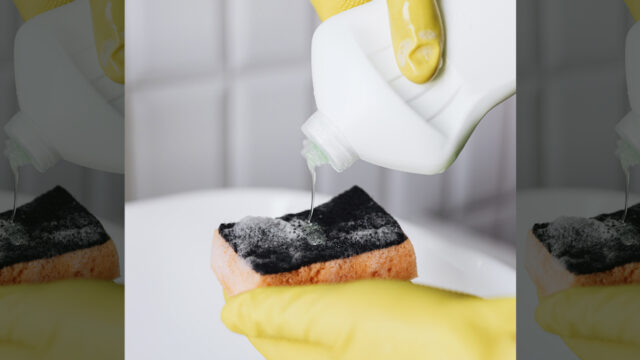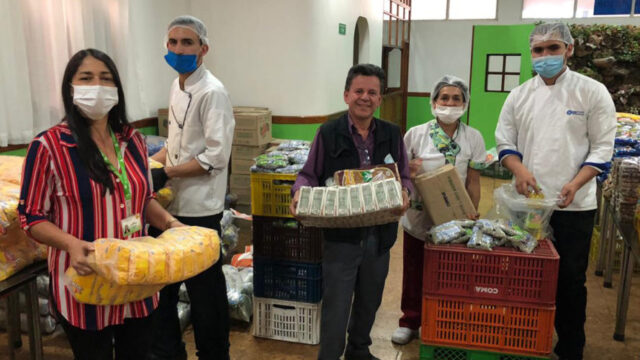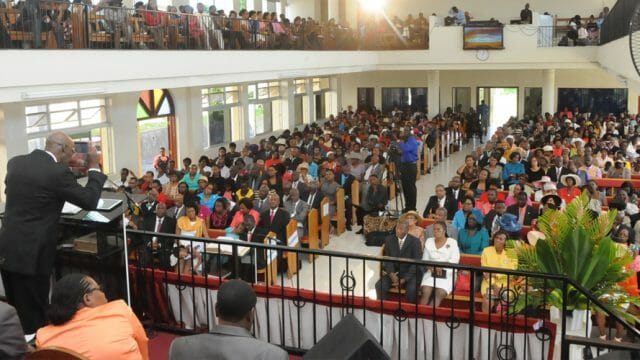The center brings access to language, tailoring, and music classes, ADRA leaders said.
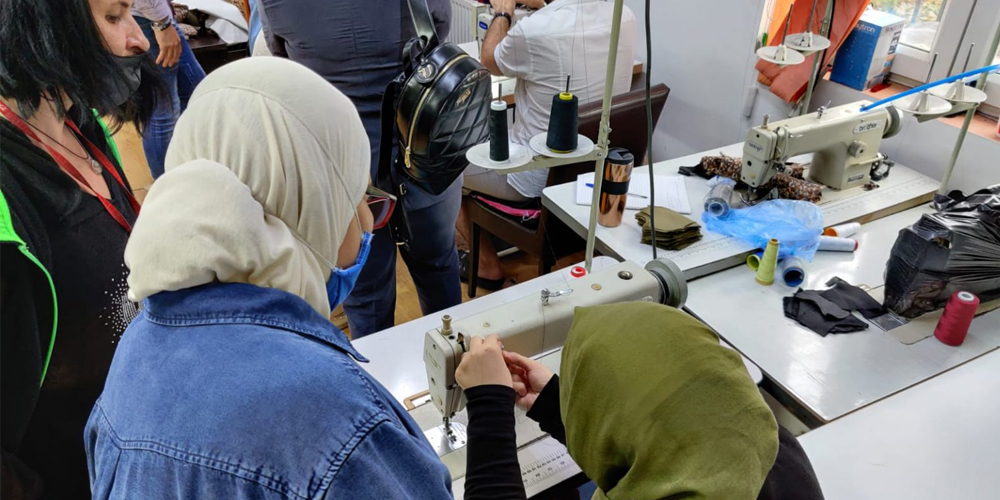
The Adventist Development and Relief Agency (ADRA) in Romania inaugurated the new “Hope for Immigrants” Educational Center in Bucharest on October 7, 2020. ADRA team members, volunteers, donors, and guests attended.
The center will cater to refugees’ needs, especially those coming from Syria, Iraq, Yemen, Somalia, and Ethiopia, leaders reported.
Construction of the center took place in 2020 despite pandemic restrictions. Several Seventh-day Adventist Church organizations and anonymous donors contributed to make this project a reality.
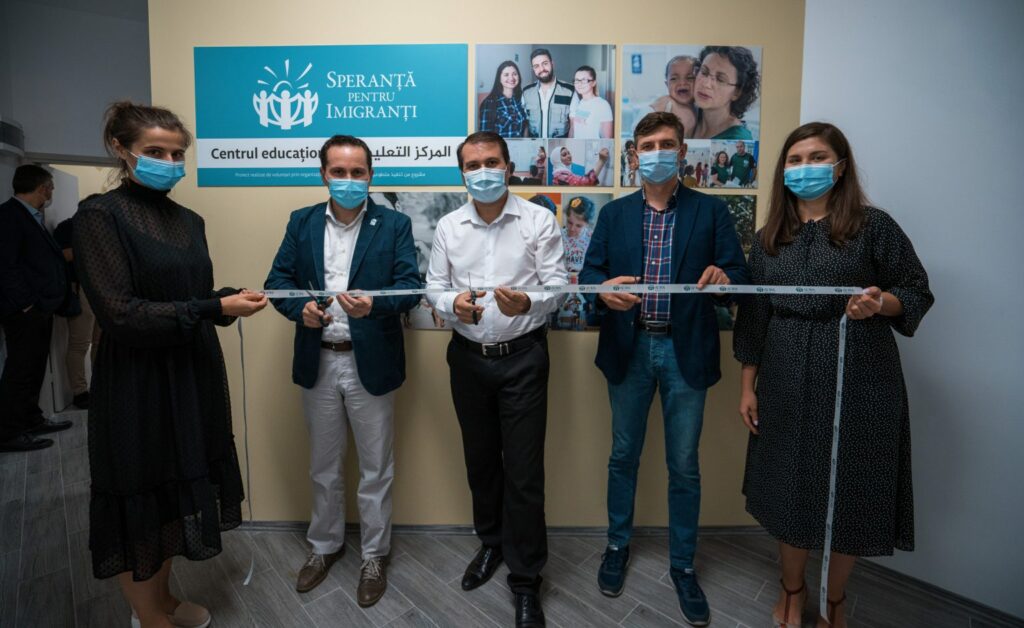
ADRA’s center is already offering Romanian, English, and Arabic language courses. It also provides, among other services, classes in tailoring and music, along with haircuts for men. The center is open for seminars, receptions, and family celebrations as allowed, all free of charge.
“We found joy in the opportunity to support this new ADRA project,” Muntenia Conference president Robert Mandache said. “We feel we are paying a debt due to the assistance each one of us has received from God as ‘strangers and pilgrims’ on this earth. It is something that compels us to assist others, especially the vulnerable.”
ADRA Romania has a long history of supporting immigrants and their rights. By setting up this educational center, ADRA continues with an initiative launched in 2015 to assist families and young immigrants in Romania. “The inauguration of this new center proves to us, once again, that empathy and care for our fellow man should be our default setting, something that transcends geographical, cultural, ethnic, religious, or gender boundaries,” ADRA Romania executive director Robert Georgescu said.
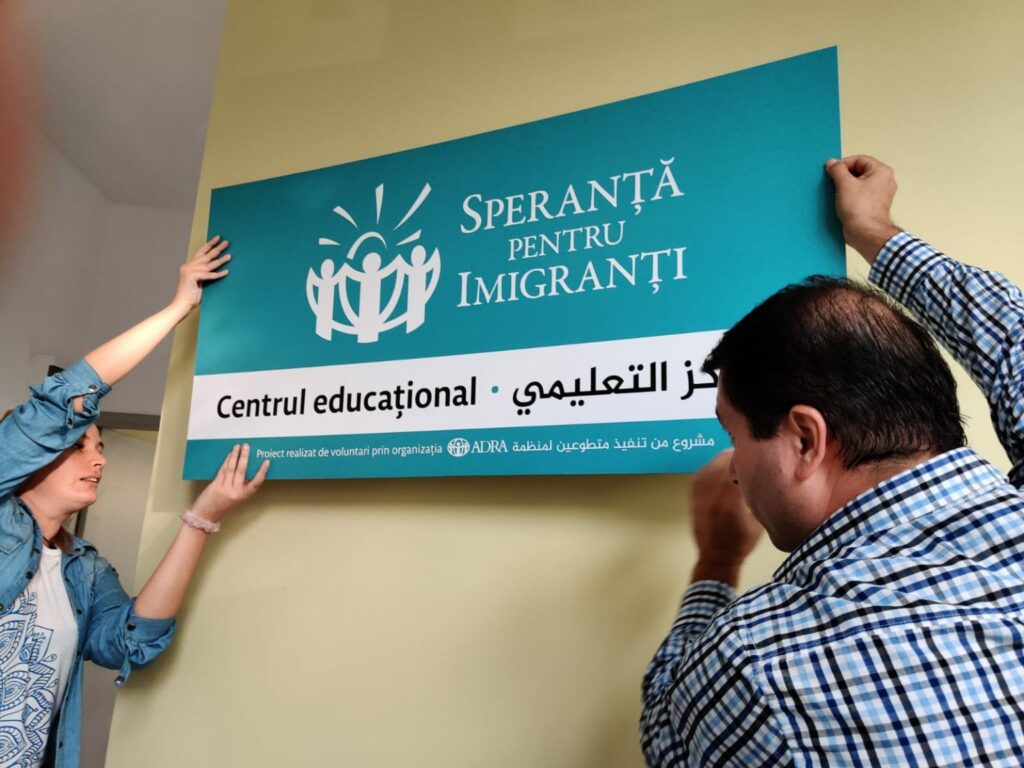
Muntenia Conference executive secretary Gabriel Ișvan said he was impressed by the project. “Here, I have found immigrants who have integrated quite well into Romanian society but who are not selfish, as they make concrete efforts to help their fellow immigrants. They can’t be happy unless they know others are safe or better. We support their initiatives, following the example and exhortations of our Savior.”
For ADRA volunteers assistant manager Mihai Brașov, who coordinated the project, this is a dream come true. “I am glad to inaugurate this center, where our friends can discover our hospitable nation, our language, and become friends with ADRA’s volunteers.”
For Valentin Filimon, education and religious liberty director of the Muntenia Conference, education has been and remains the most valuable tool for changing any person’s situation. “The help offered through this center is not only a direct and temporary intervention but aims to equip the beneficiaries with the skills and competencies necessary for a better life experience,” he said.
Mohaned Alkorejee, a radiologist who immigrated from Iraq, is one of the immigrants being assisted by the center. He shared his thoughts at the October 7 ceremony. “It was a wonderful day when I met good people, wonderful people who work in ADRA. I have heard about this organization, but I felt the difference between what I read and what I saw. From the first moment of the meeting, you feel like you are at home with your family. It was an amazing atmosphere of learning and knowledge exchange. We participated in lessons with a wonderful teacher who makes an extraordinary effort to learn our language in just a few days. Thank you very much, ADRA,” he said.
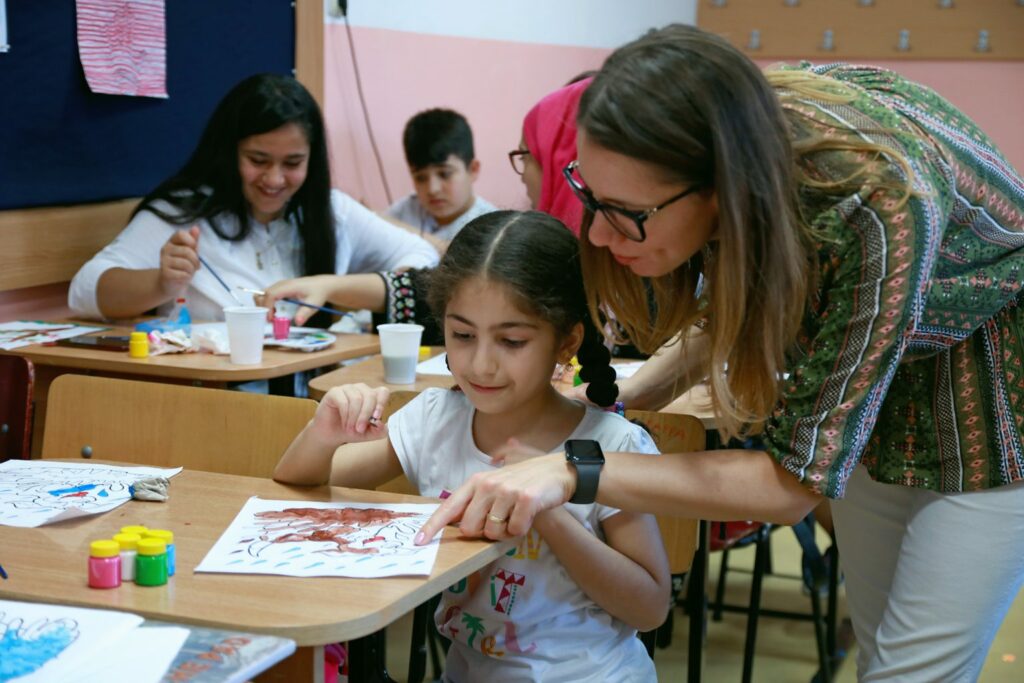
For composer and ADRA Romania volunteer Theea Miculescu, helping immigrants is a two-way street. “Being part of this mission is not only a teacher’s experience but also one in which I learn from my students,” she said. “I love each one of them, but I also receive the same warmth. This is like a family.”
Leaders said that through “Hope for Immigrants,” ADRA Romania recognizes the human side of the current refugee crisis, as well as the value of each person involved. “By respecting human rights and acting with compassion, we convey a clear message of strength in the midst of this complex and fragile situation. Through specific activities, ADRA wants to minimize the impact of this overwhelming and unbearable situation for as many men, women, and children as possible.”
The original version of this story was posted by ADRA Romania.


